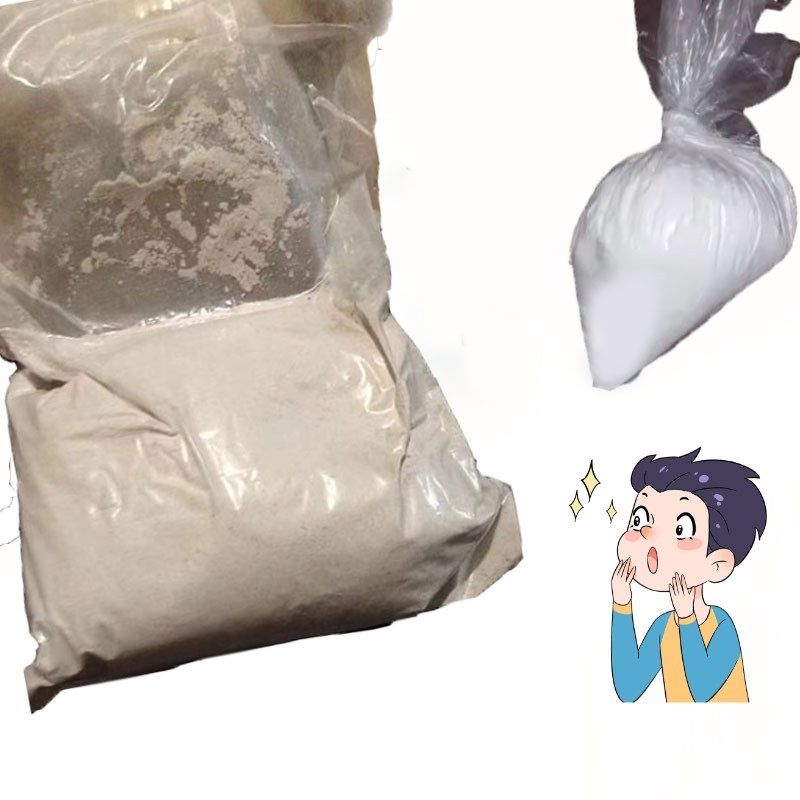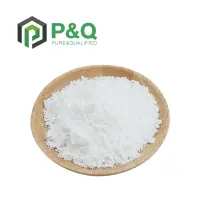-
Categories
-
Pharmaceutical Intermediates
-
Active Pharmaceutical Ingredients
-
Food Additives
- Industrial Coatings
- Agrochemicals
- Dyes and Pigments
- Surfactant
- Flavors and Fragrances
- Chemical Reagents
- Catalyst and Auxiliary
- Natural Products
- Inorganic Chemistry
-
Organic Chemistry
-
Biochemical Engineering
- Analytical Chemistry
- Cosmetic Ingredient
-
Pharmaceutical Intermediates
Promotion
ECHEMI Mall
Wholesale
Weekly Price
Exhibition
News
-
Trade Service
14, 2020 /--- -- In Alzheimer's disease, insufficient blood flow to the brain region occurs at the same time as the accumulation of tau proteins, according to a new study published in the journal Journal of Neuroscience.
this relationship increases with cognitive decline.
(Photo: www.pixabay.com) As Alzheimer's progresses, vascular function declines and β-amyloid and tau proteins accumulate, leading to neuron death.
As is known as "chicken first or egg first", it is not clear whether the lack of blood flow is caused by protein build-up or by the wrong protein build-up, or whether the two symptoms occur for other unrelated reasons.
albrecht and others used MRI and PET to compare blood flow and tau build-up in the brains of older adults, with cognitive ranges ranging from normal to showing signs of mild cognitive impairment.
studies have shown that blood flow decreases in areas with elevated tau levels, especially at the lower tweed, one of the first areas where tau accumulates in Alzheimer's disease, even before cognitive symptoms appear.
the correlation between tau and vascular function was β people with higher levels of cognitive impairment and amyloid levels.
as the disease progresses, it also appears in more brain regions.
findings suggest that targeted vascular function may be key to preventing and treating Alzheimer's disease.
(bioon.com) Source: Brain regions with impaired blood flow have higher tau levels Original source: JNeurosci (2020). DOI: 10.1523/JNEUROSCI.1230-20.2020.







